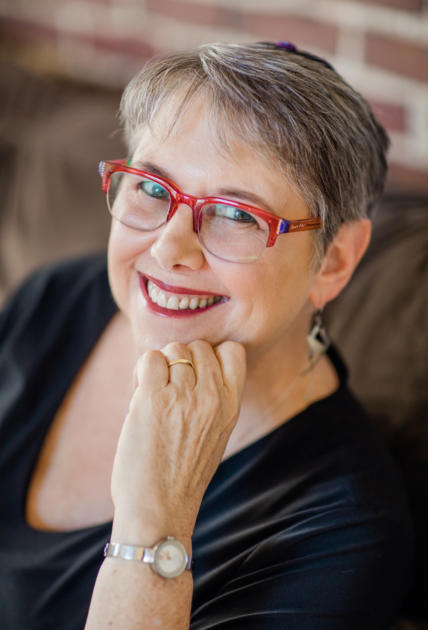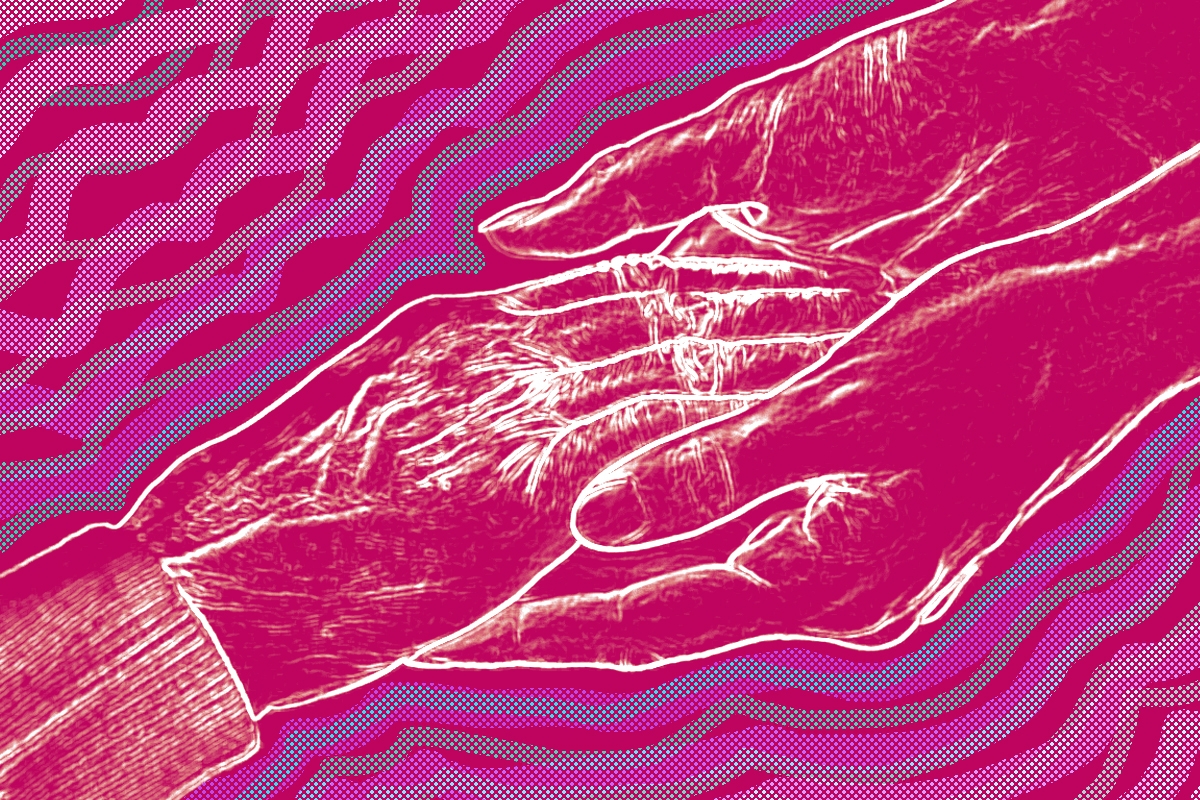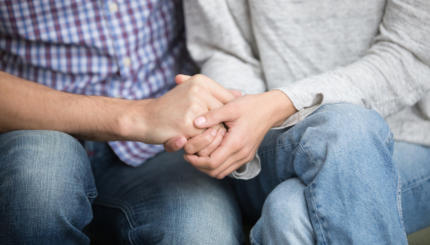Dayle Friedman is a Philadelphia-based rabbi, spiritual care professional and teacher. In her professional practice, Growing Older, she provides support to those facing the challenges of aging, including frailty and dementia, as well as to their loved ones. Rabbi Friedman is also the author of several books, including “Jewish Wisdom for Growing Older: Finding Your Grit and Grace Beyond Midlife” and “Jewish Visions for Aging: A Professional Guide for Fostering Wholeness.” Friedman spoke with My Jewish Learning about Jewish approaches to getting older, the unintended effects of the community’s “hyper-focus” on youth, and the power of prayer as we age.

What drew you to the topic of aging?
I was extremely close to my maternal grandmother. Grammy Anne was not only a supremely loving person, she was a model of resiliency and strength. Well into her 80s, she was traveling the world, volunteering with kids, attending college (for the first time!) and advocating with City Council for the well-being of her neighborhood. In college, I volunteered with a group that led Shabbat services in a retirement community. I was enormously drawn to the nexus of old and young, and to the power of sharing Judaism for all of us. I found — and still find — that there is great dynamism in intergenerational relationships.
In your work as a rabbi, chaplain, and spiritual guide, what have you found to be the most common issues people grapple with when it comes to aging?
Aging confronts us with many challenges and opportunities. Among the most compelling, I think, are coping with loss and change. We humans can be so very attached to the way things are or have been. We need to learn to center ourselves on deep sources of meaning and solace as we face the loss of dear ones, roles, capacities, and homes. We need courage to continually begin again, to seek purpose, light, and love.

Help us keep Jewish knowledge accessible to millions of people around the world.
Your donation to My Jewish Learning fuels endless journeys of Jewish discovery. With your help, My Jewish Learning can continue to provide nonstop opportunities for learning, connection and growth.
What does Jewish tradition get right in its approach to aging?
“Does not wisdom reside among the very old, and understanding among those who are long-lived?” Job 12:12
Our tradition recognizes that living a long time offers us the opportunity to attain wisdom. It is not automatic, but with humility and curiosity, our life experiences can give us perspective on what really matters and help us to refine our character.
“Rise up before the old, and bring hiddur [shining] to the face of the gray-haired.” Leviticus 19:23
Jewish tradition not only obligates families to cherish and care for elders (as we learn from the fifth commandment), it impels all of us to honor older people, and even more. “Bring hiddur to the face of the gray-haired” means to bring beauty, or radiance, or, as the poet Danny Siegel teaches, “to make their faces shine.” In other words, as a community, we are bound to foster a life of joy, meaning, and connection for elders in our midst. This is a highly countercultural commandment in the context of a society that discards and isolates elders. To fulfill this mitzvah, we need to combat ageism, and to recreate multigenerational communities, in which the old, young and in-between have opportunities to learn, celebrate, and contribute to one another.
How has the Jewish communal approach to serving an aging population changed in recent years? What do you attribute the changes to?
I am proud of our community’s ongoing commitment to services and housing for elders. I am sad to say that our communities and funders have not been equally committed to programs and initiatives to engage elders in learning, tikkun olam, and Jewish spiritual life. I am afraid that our community’s fears about continuity have resulted in hyper-focus on youth, and we are missing both opportunities and needs that should not be neglected. One promising development is the recent focus on grandparents as resources for Jewish engagement and continuity.
What can the Jewish community do to promote more intergenerational learning/understanding?
We can be creative about targeting and grouping potential participants for our efforts. For example, in an urban center, such as Philadelphia’s Center City, there are large numbers of newly retired Boomers seeking meaningful opportunities for learning and community service. There are also growing numbers of young families, some [with] parents are staying at home or working part-time. Perhaps a morning text study course might engage both Boomers and parents who have just dropped their kids off at daycare. Maybe a weeknight dinner and discussion could be “staffed” by retirees who could serve or make the meal, and then have a learning or discussion program while kids are in Hebrew school. And volunteers for feeding homeless people could include neighbors of all ages working together.
What are some specific ways people can begin to embrace aging as a spiritual practice?
This is a great question, and it is challenging to offer an answer in capsule format. A couple of key thoughts. It helps to journey with others in this awesome terrain of growing older. I strongly recommend creating or joining a small group to explore and share hopes, fears, and spiritual practices for aging. Many communities have Wise Aging groups, a model created by the late Rabbi Rachel Cowan and Dr. Linda Thal for the Institute for Jewish Spirituality. My book, “Jewish Wisdom for Growing Older: Finding Your Grit and Grace Beyond Midlife” offers practices and discussion questions at the end of each chapter, as well as a guide to creating a wisdom circle.
In terms of specific practices, a basic focus is to develop tools for facing reality with courage and compassion. I find morning blessings of thanksgiving (such as the Modeh Ani prayer) helpful — there is tremendous evidence that gratitude practice enhances our physical, emotional and social well-being. I also encourage evening prayers for forgiveness for us and others who may have harmed us — the practice of letting go of grievances frees us of toxic and unnecessary baggage as we move forward. Finally, planning ahead — for the “God forbids” of illness, dementia, dependency and dying — can help us and our dear ones to be more resilient when those unwanted experiences come upon us.



